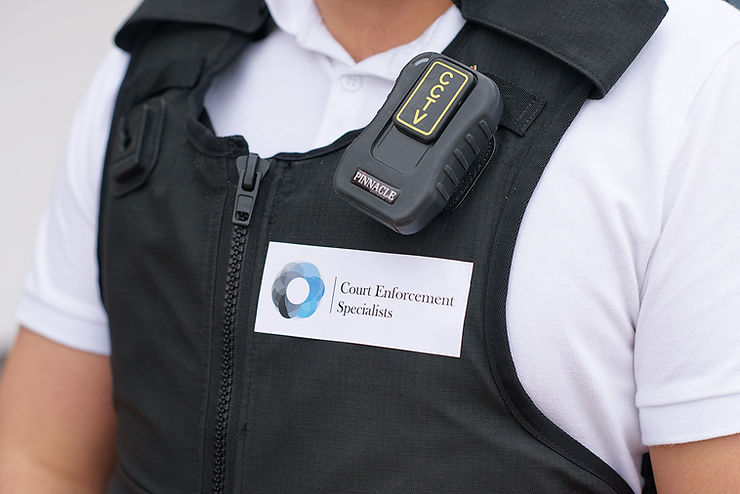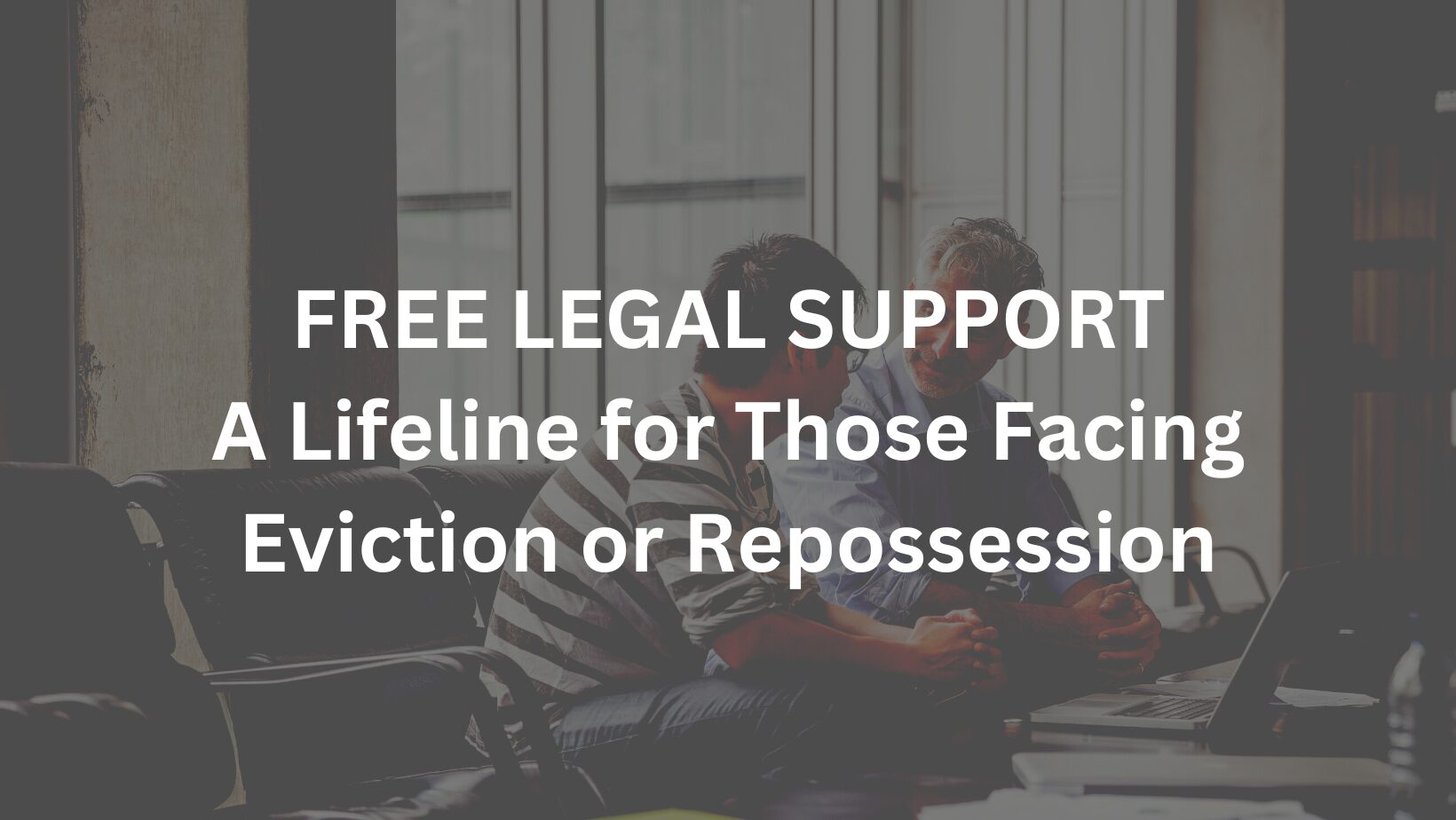We have always worn Body Cameras not only to protect ourselves from aggressive defendants but to also to protect vulnerable defendants when gathering evidence to return the case back to the Client and to better understand certain situations.

MPs are urging the UK government to regulate Enforcement Agents to ensure they are treating defendants correctly and provide better protection for vulnerable people.
We have found that Parliamentary Justice Committee is calling for higher standards in the debt collection industry that could require Enforcement Agents to wear bodycams.
The committee recommends making body-worn cameras mandatory for all enforcement agents visiting homes and businesses and Court Enforcement Specialists completely agrees.
Not ever vulnerability case is black and white sometimes you don't see vulnerability straight away but when we do appropriate use of discretion is core to how we will approach any given situation and will use our experience to handle members of the public with due care and consideration.
The exercise of appropriate discretion is needed and CCTV bodycam footage is vital, not only to protect the debtor, but also the Enforcement Agent who has been trained to avoid taking action which could lead to accusations of inappropriate behaviour.
Our Enforcement Agents must withdraw from communication if the only person present is, or appears to be, under the age of 18; they will ask when the customer will be home if appropriate. Our employees will also withdraw from making enquiries at any address if the only persons present are children who appear to be under the age of 12.
Wherever possible, Court Enforcement Specialists Enforcement Agents will have arrangements in place for accessing translation services when these are needed, and will provide upon request information in large print or in Braille for consumers with impaired sight.
Although not exhaustive, Court Enforcement Specialists recognises that the following groups may be potentially vulnerable and will modify our procedures accordingly to accommodate the needs of such persons:
- Who are considered to be financial illiterate
- The elderly
- People with a disability
- The seriously ill
- The recently bereaved
- Single parent families
- Pregnant women
- Unemployed people
- Those who have obvious difficulty in understanding, speaking or reading English
- People who suffer from mental health issues
If our office staff think they may be speaking to a vulnerable debtor they should immediately request that a supervisor listens to the call. If the supervisor is unavailable the employee should arrange to call the debtor back and the supervisor should be listening and interacting when the call back is made.
When the employee speaks to the vulnerable consumer they should:
- Provide additional opportunities for the customer to ask questions about the information provided.
- Provide information as to sources of advice and information available to the customer or in the customer's locality, such as consumer advice groups, Citizens Advice Bureau, debt counselling organisations (this information is also provided in the documents sent to customers)
- Continuously seek confirmation that they have understood the information that has been provided
- Ask if there is anybody with them who is able to listen to the call
Offer them the opportunity to complete the transaction by post rather than over the phone
We aim to protect vulnerable customers
We are governed under the Tribunals, Courts and Enforcement Act 2007 which ensures we operate in an ethical manner through fixed and transparent fee schedules, we aim to protect vulnerable customers and adapt good practices for training and certification of enforcement agents acting on our , clients and the customers behalf.








